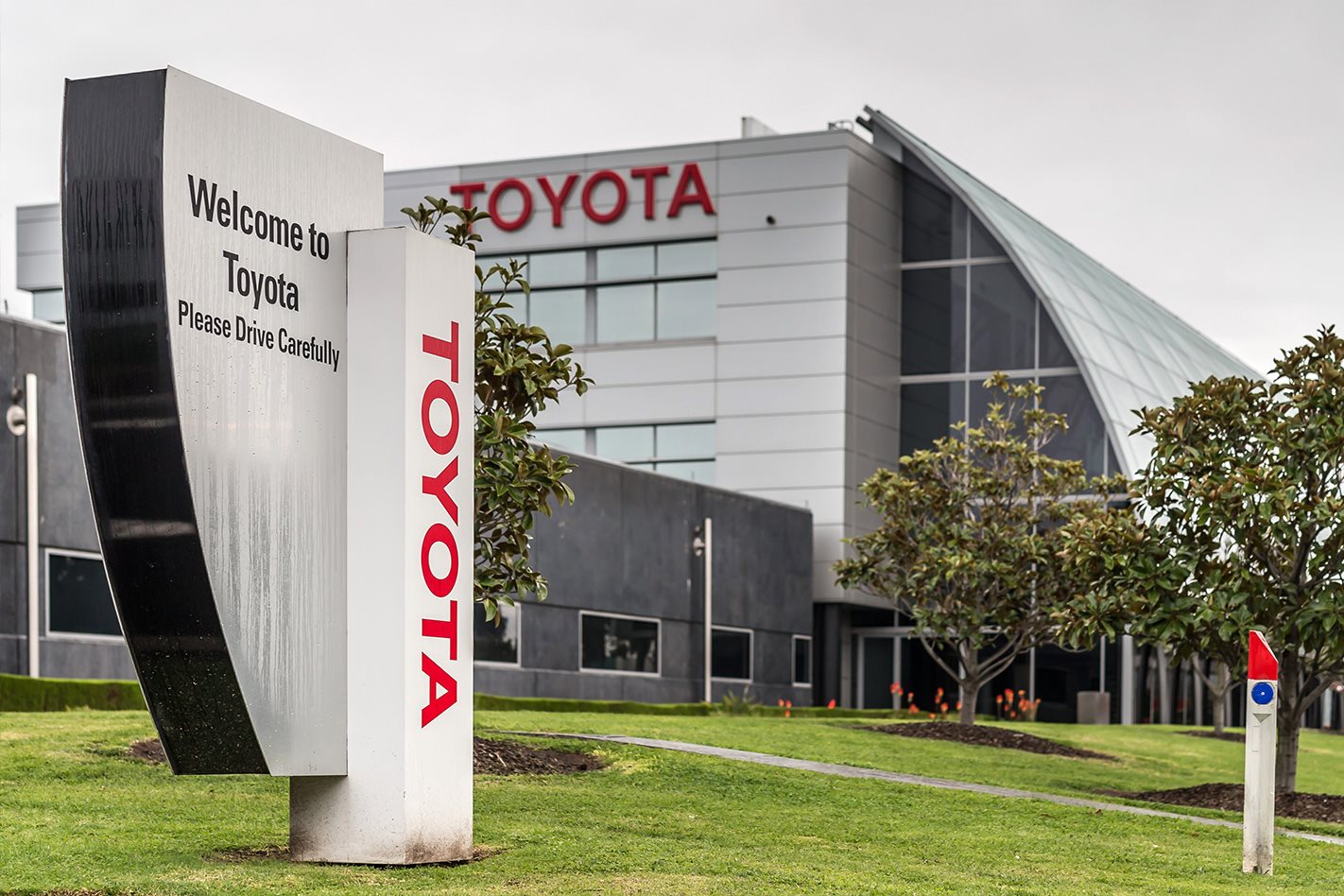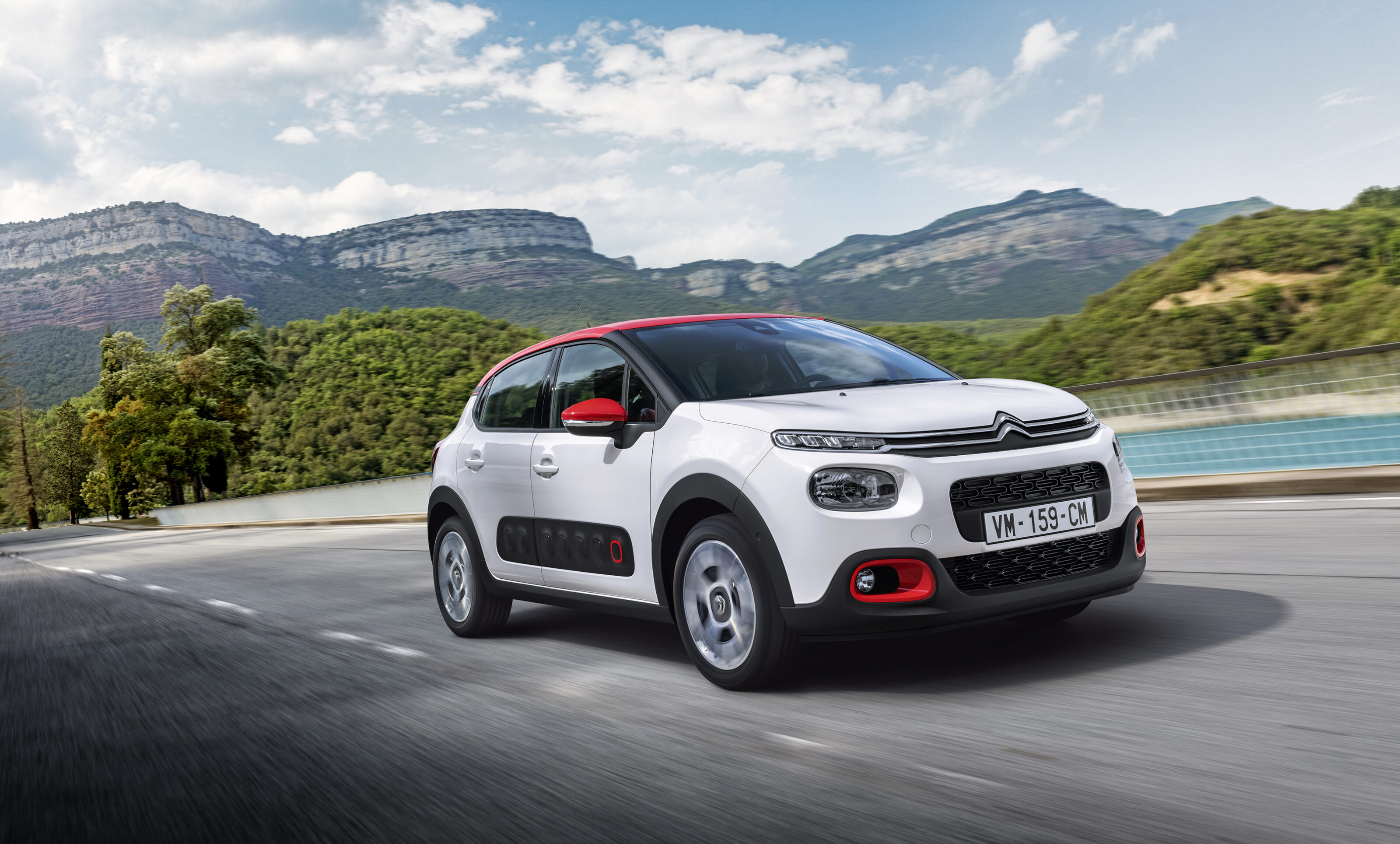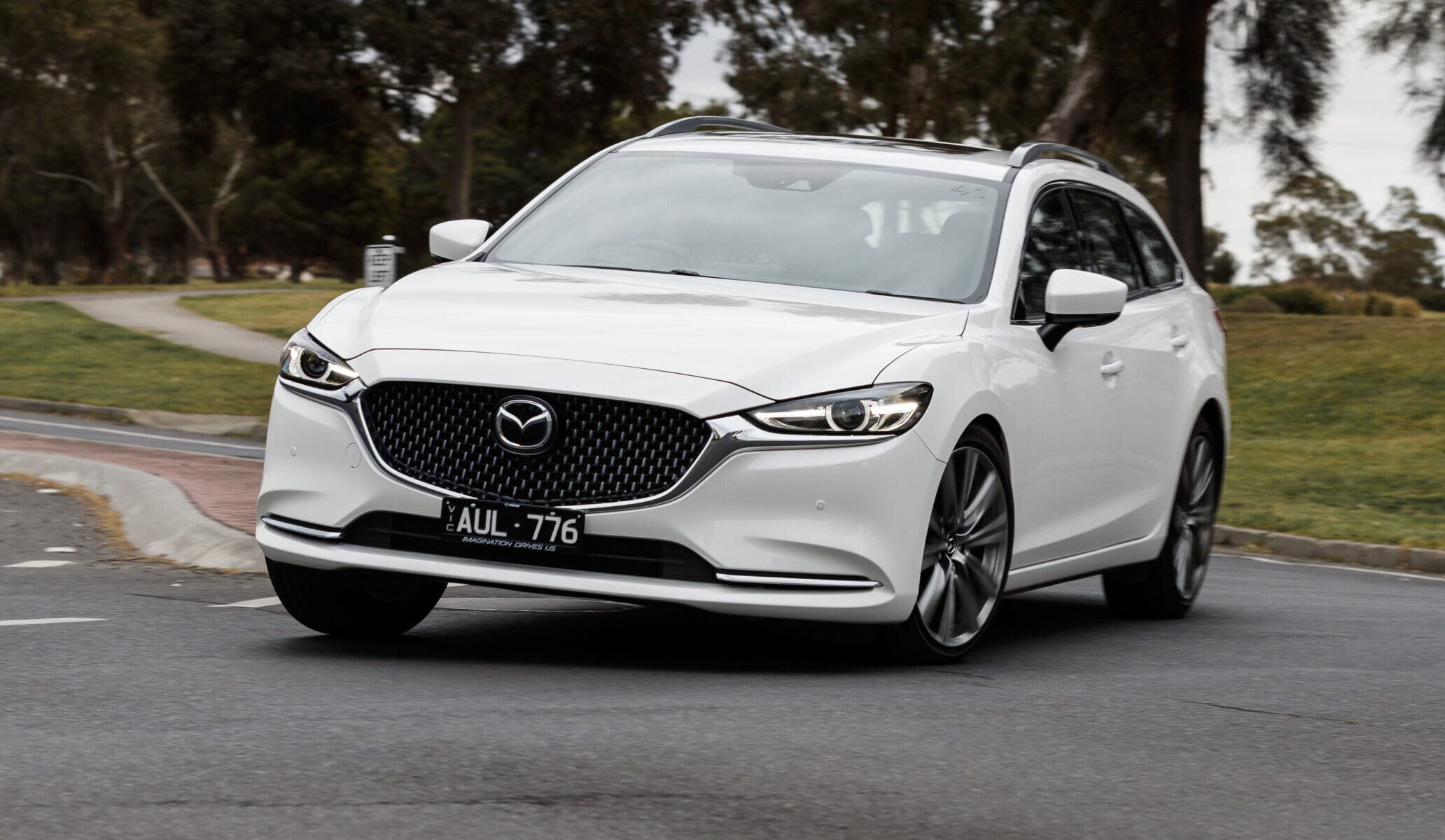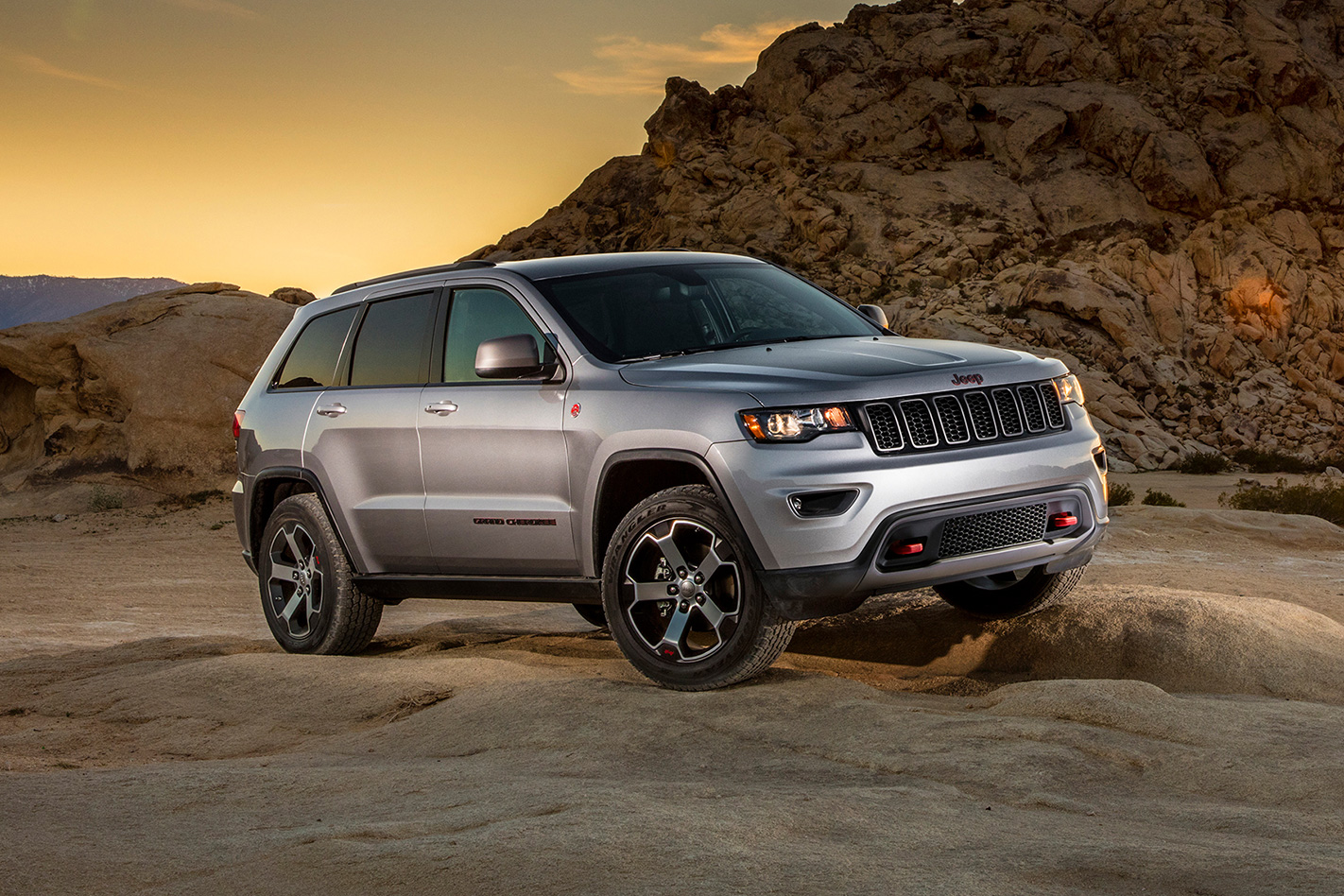I’M RELIABLY informed that perspective and insight are wonderful things, yet having experienced a dose of both this month, I’d argue they can also be decidedly uncomfortable.
My moment of illumination arrived as I considered the closure of Toyota’s Australian factory and pondered why, try as I might, I didn’t feel as upset as when I thought about the fates of Ford and Holden.
The core of my conundrum is simple, of course. Unlike Australia’s own, which produced generations of exciting, lust-worthy performance variants and then threw them around the nation’s racetracks to ensnare new fans with their snarling V8s, I have no emotional connection to the cars produced at Altona.
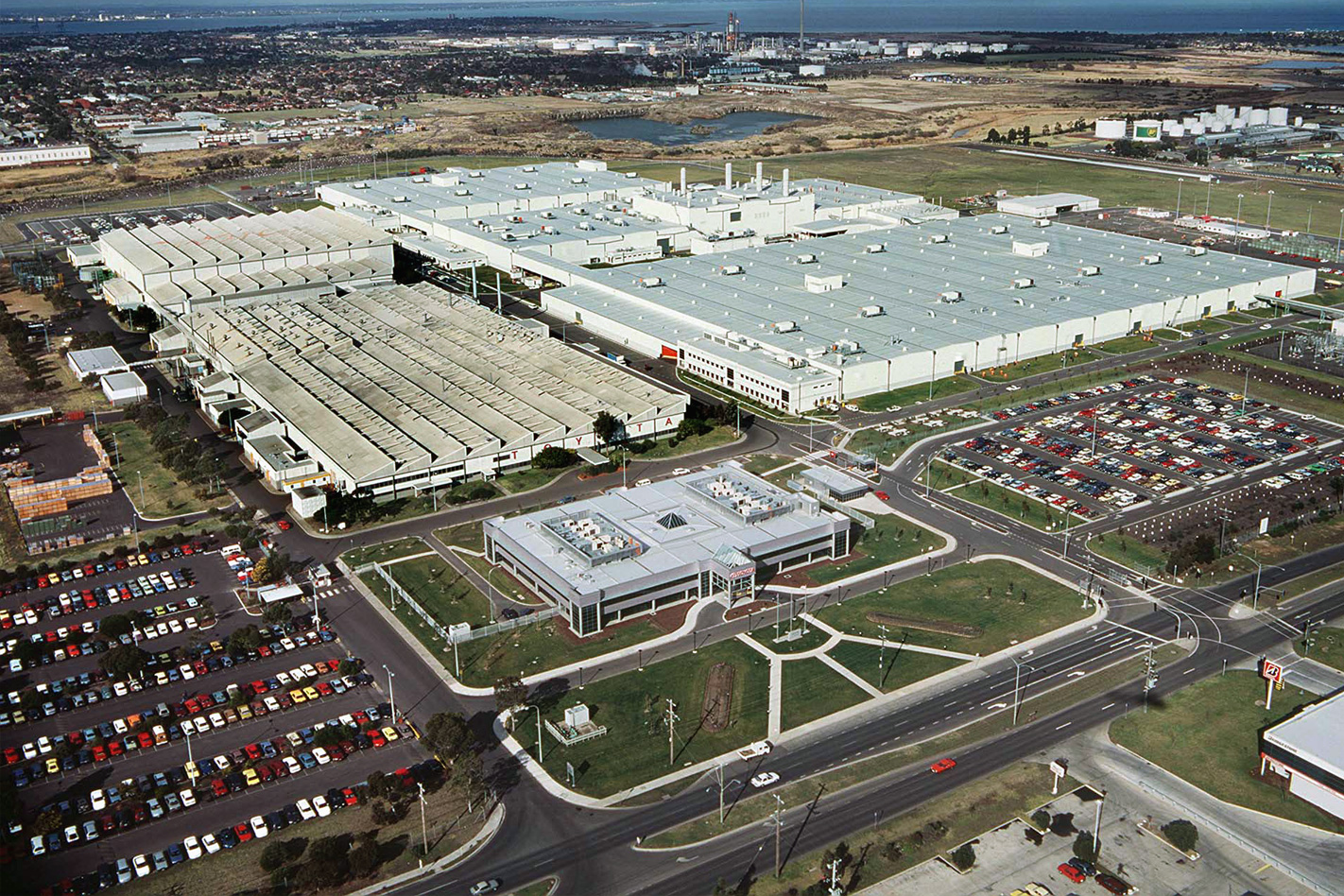
It’s hard to get all hot and sweaty about a Camry, a fact that has long been a thorn in the side of Toyota’s Australian arm.
For decades local execs have desperately tried to inject some sizzle and aspiration into their model range, with limited success. MR2s, Celicas and 16v Corollas, plus some rallying success, were all (mostly imported) high watermarks, but where Holden and Ford enjoyed a consistent flow of desirable (if imperfect) products, Toyota’s enthusiast appeal has been more sporadic.
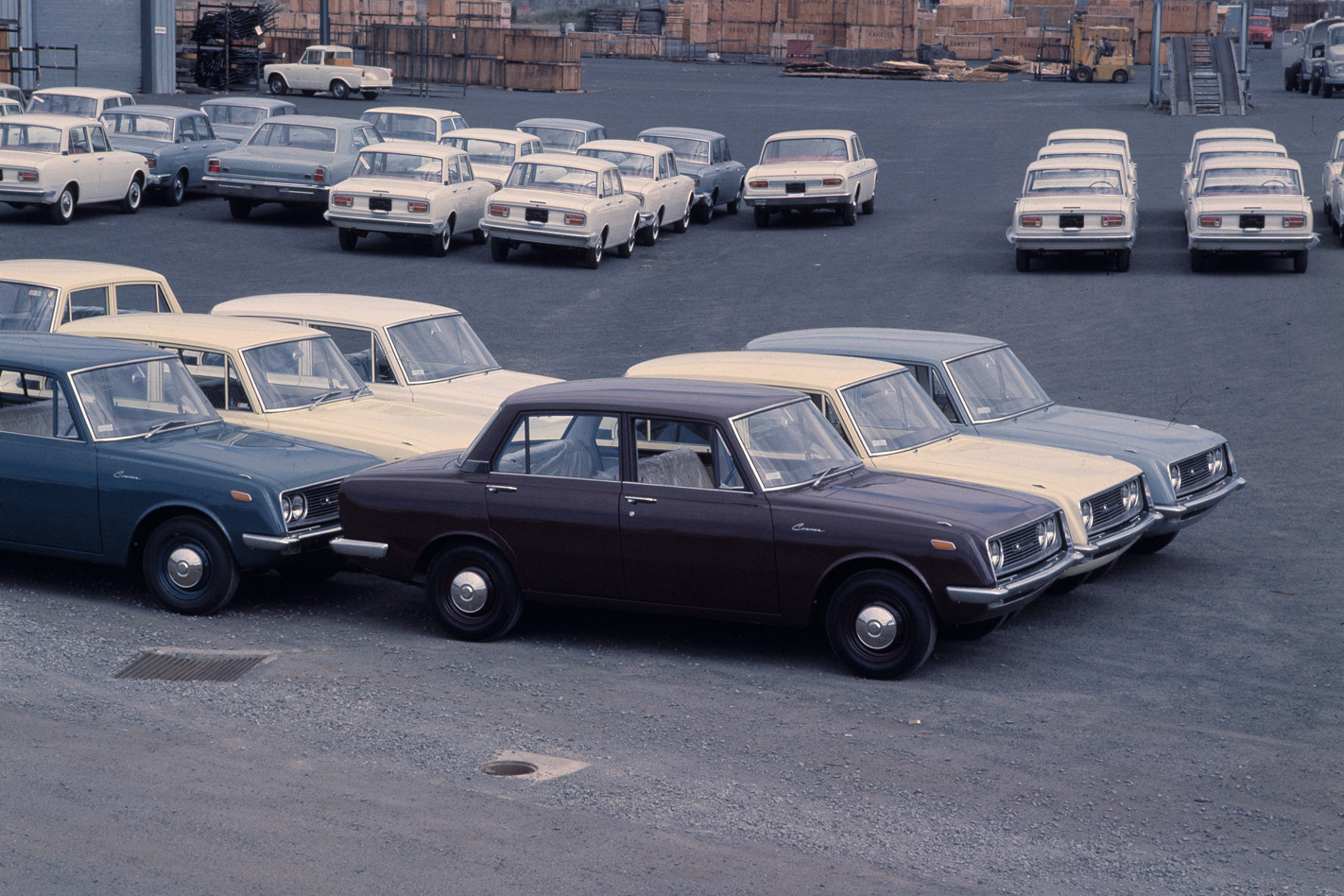
Outside of the rusted-on enthusiast base, does the average punter care that come November, Australia’s ability to build a car from the ground up will cease to exist? Or will they see a headline on the news, shrug their shoulders and move on? I fear it’s the latter, especially for many young people.
The reality is that for Toyota customers, very little will change come closure time. For decades the brand has been synonymous with reliability and dependability, built around fuss-free engineering and backed up by one of the largest dealer networks in the country. Its hold on the rural market is without peer, its attractiveness to the bean counters who control large company fleets unwavering, and its position atop the Australian sales charts absolute.
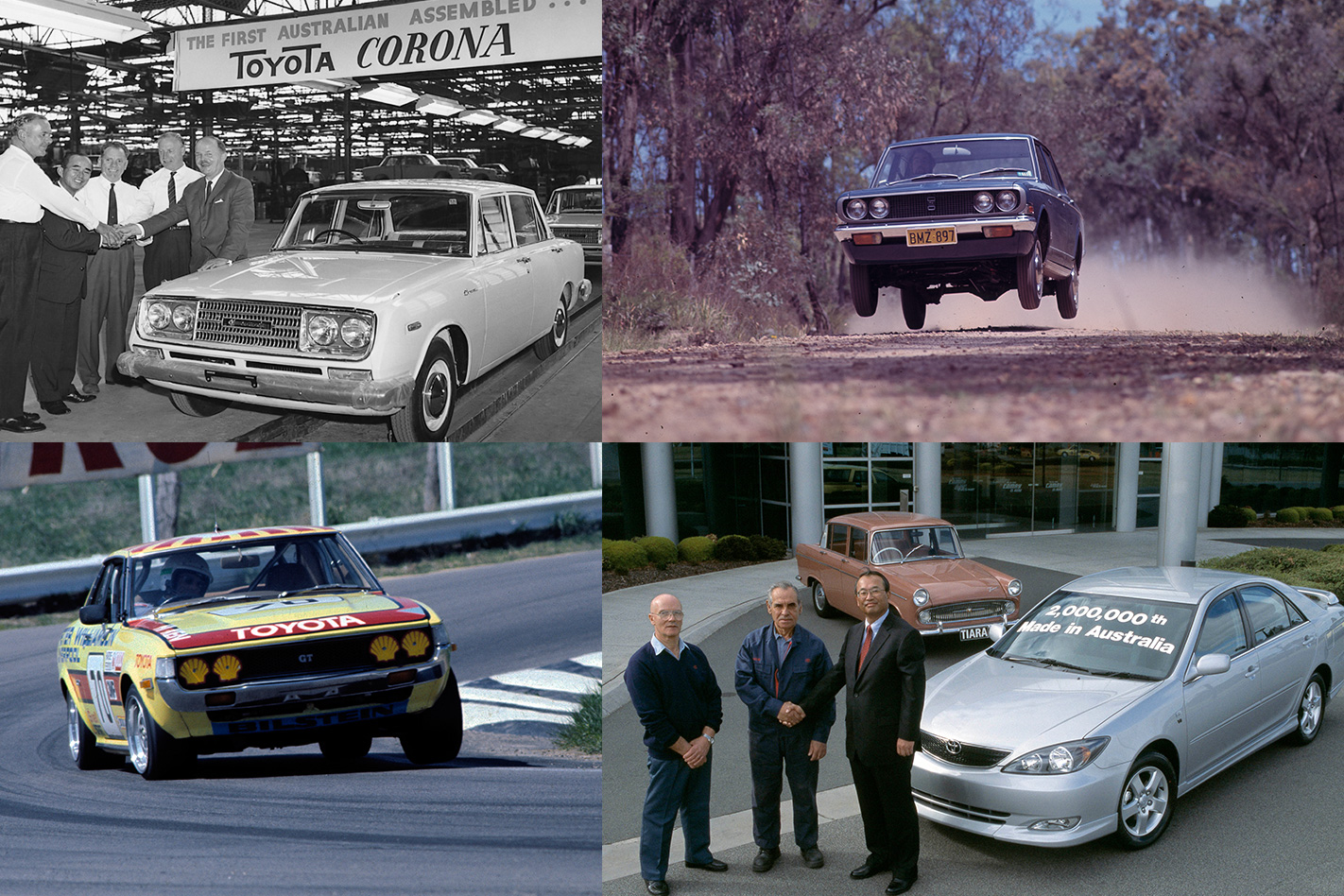
Where the Altona closure really hits home is when you consider the human side of the story.
Shuttering the factory doors will shed more than 2500 jobs, with the fallout to send shockwaves through the wider 50,000-strong supplier industry.
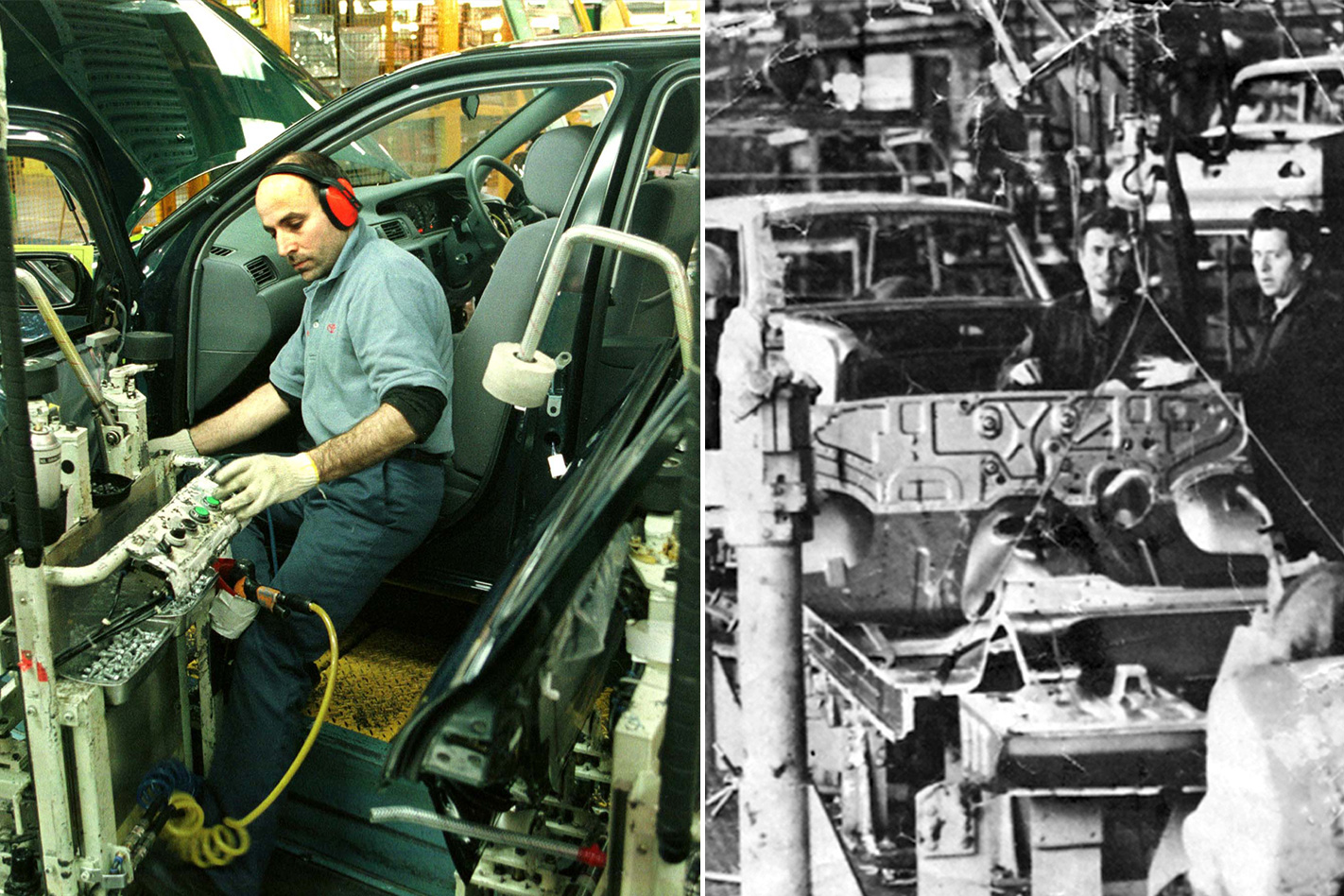
Building cars here has changed the lives of thousands of hard-working Aussies, and given others the opportunity to make it big on the international stage.
And that, more than any Crown, Corolla or Camry, has been Toyota’s greatest contribution to this country.
I wonder how many people will consider that when they see the news of the closure pop up on their Facebook feeds?
Future designed
One silver lining to what is going to be a very dark October is news that just like Ford and Holden, Toyota will retain a design and engineering presence in Australia.
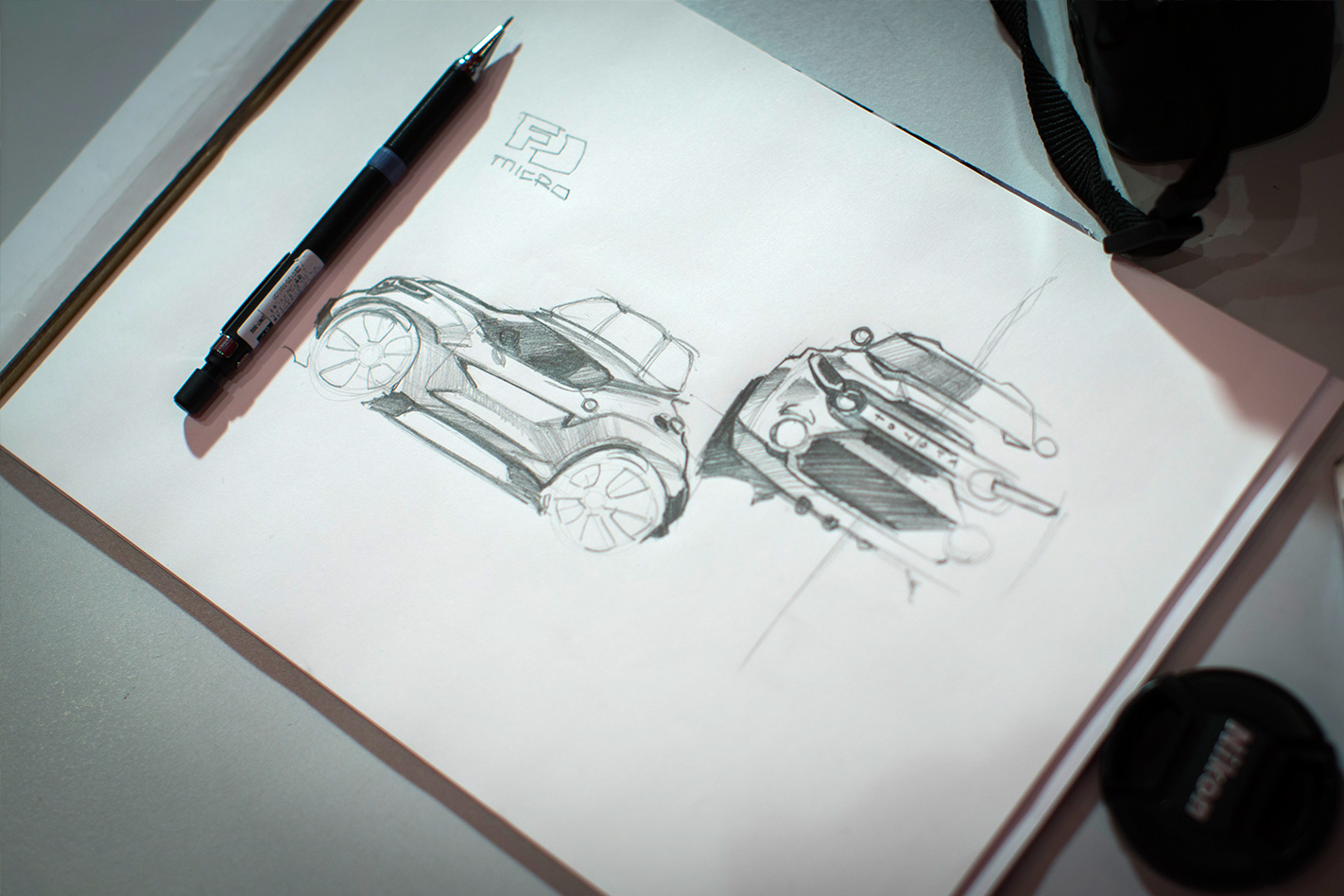
All three manufacturers have publicly committed to fostering the design and engineering talent emerging from Aussie universities, which is promising for any youngsters with a penchant for cars and a desire to shape future products.


